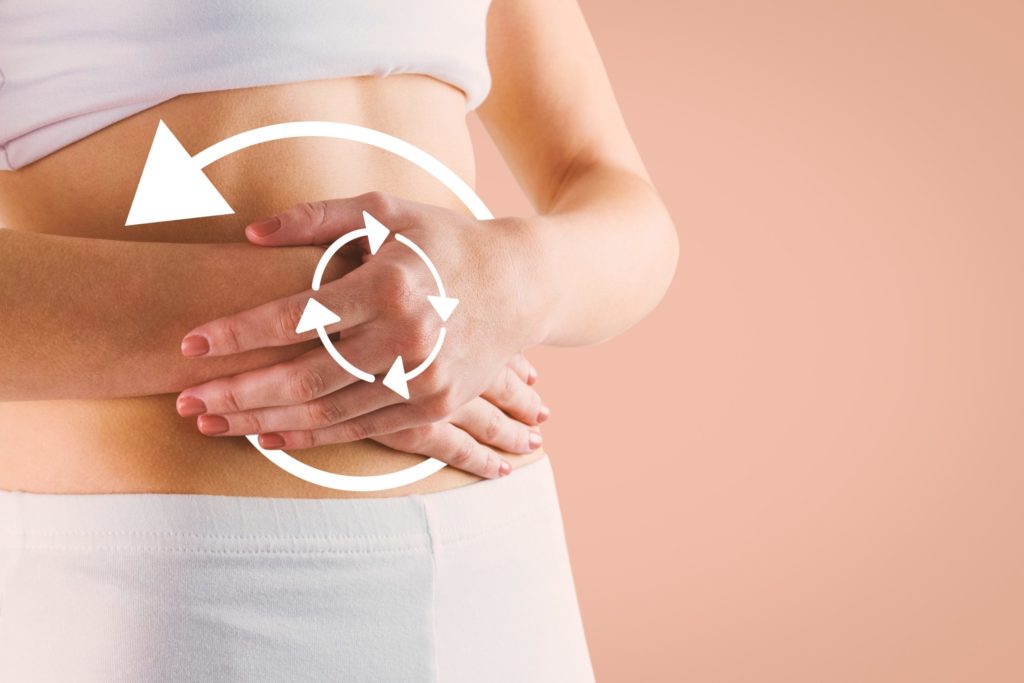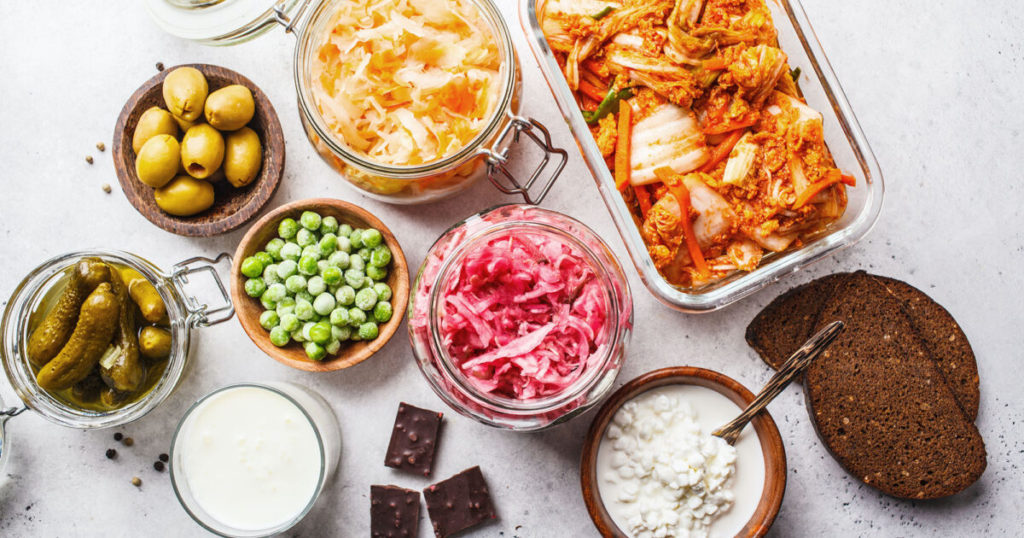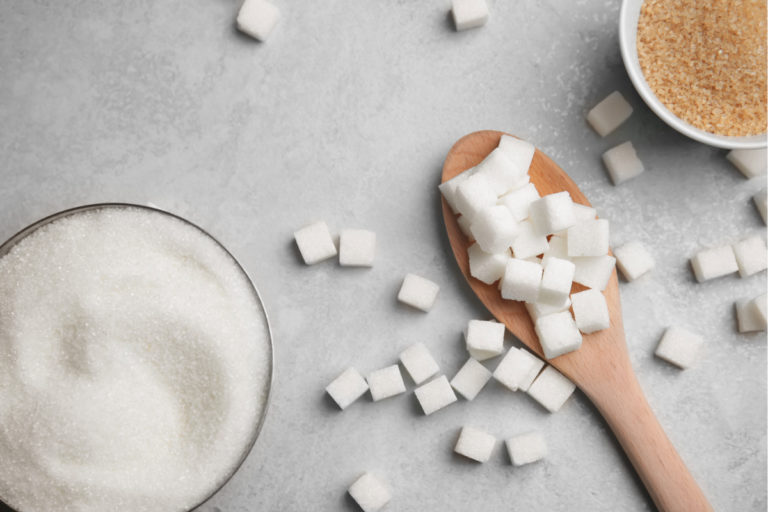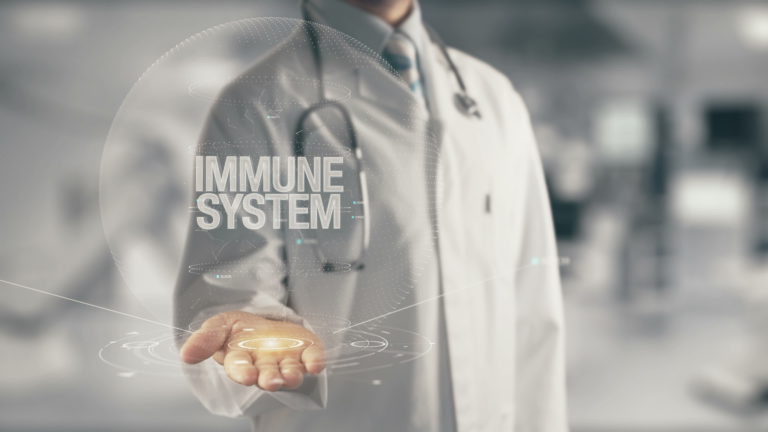Natural Ways to Improve Your Digestion
After a delicious meal, you move on to your next activity, but your body now has the task of digesting everything that you’ve just consumed. Most of the time, we do not even think about digestion until something goes wrong, at which point we are at a loss for how to fix it. Here’s what you need to know to improve your digestion:
Signs of Poor Digestion
In some cases, you may have digestive problems and not even realize that your discomfort is due to poor digestion. Signs of digestive problems include heartburn, gas, bloating, diarrhea, constipation, stomach discomfort, and nausea.
When to See a Doctor
If your symptoms are new, persistent, and are causing significant distress, seeing a doctor will help ensure that there isn’t a more significant issue at hand. Some conditions can present with signs that seem similar to digestive problems. For instance, increased intraocular pressure and other injuries might present as nausea or stomach upset, while gallstones may present as stomach pain.
Likewise, you should speak to your doctor if you develop a fever, severe pain, or if your symptoms get worse despite implementing good digestive habits.
Natural Ways to Improve Your Digestion Right Now

Fortunately, there are many natural ways to improve your digestion. These range from simple steps taken while eating to dietary modifications. Here is what you need to do:
Chew Your Food
Good digestion starts when the food enters your mouth. Yet, we may skip the vital act of chewing if we are in a hurry or distracted during a meal. Instead of rushing, try to take smaller bites and chew your food slowly.
Not only will properly masticating your food be easier for your body to digest, but this method of eating will help keep you from overeating by giving your body time to tell your brain that you are full. So, not only will you be able to digest your food more easily when you chew, but you will also be preventing yourself from overwhelming your digestive system with too much food.
Check Your Stress
Stress activates your sympathetic system, also known as your fight or flight response. When your sympathetic system is activated, digestion is put on hold because your body is prioritizing circulation to your extremities so that you can either run from danger or fight. Today, most types of stress do not require us to produce an actual fight or flight response, but unfortunately, our bodies do not know this.
The system that runs counter to the sympathetic system is the parasympathetic system responsible for rest and, yes, digestion. So, taking steps to manage your stress level effectively will help ensure that your body can digest its food properly. This can include adopting calming techniques, meditation, or even speaking to a licensed therapist to help you deal with your stress.
Enjoy Some Mint Tea
Mint has long been used to calm nausea and relieve indigestion. While chewing raw mint might be unappealing, mint tea is easy to make with peppermint or spearmint leaves. While mint tea is primarily a holistic remedy, researchers who have studied the use of peppermint oil have found that it may relieve some symptoms of irritable bowel syndrome.
While mint is excellent at calming an upset tummy, mint can also aggravate heartburn and acid reflux disease.
Get Your Fiber On
If you’re struggling with constipation or irritable bowel syndrome, consider adding more fiber to your diet. The type of fiber you need depends on your specific digestive issue. For instance, insoluble fiber cannot be digested, so it adds bulk to stool that isn’t solid enough. On the other hand, soluble fiber can help soften tough stool and make ‘the go’ a little easier.
Munch on Fermented Foods

While the idea of bacteria sounds gross, some bacteria are not only harmless but useful. For instance, certain bacteria naturally live in our gut and aid our bodies in proper digestion. When the bacteria are disturbed by processed foods or certain antibiotics, this can interfere with the natural digestive process. Fortunately, fermented foods are a great way to restore your natural gut bacteria. If you think that your stomach bacteria need a little help, try adding probiotic foods like sauerkraut, kefir, sourdough bread, miso, and probiotic yogurt to your diet.
Skip the Fat
A lot of modern food, especially junk food, is high in fat. While fat can be tasty, too much fat can hinder your digestion. This is because fat digestion requires extra protein and bile that is produced by the liver. To help optimize digestion, limit your fat consumption by avoiding meat with heavy fat content.
Add a Digestive Supplement
Dietary changes can be challenging, and adding something new to your diet when you do not necessarily like the taste is even harder. Fortunately, there are plenty of excellent digestive supplements that combine several elements in an easy-to-swallow capsule. When choosing a supplement, make sure it comes from a reliable source like The EZ Digest from Dr. Micro.
Drink Caffeine in Moderation
While too much caffeine is a diuretic, it can also inspire an irritated stomach. If you’re going to the bathroom too often for either reason, consider reducing your caffeine intake. When drinking caffeine, make sure that you do not do so on an empty stomach because the extra acid in coffee can put you at risk for stomach ulcers.
Stay Hydrated
Water helps digestion and ensures softer stools. Plus, adequate hydration helps avoid overeating and inspires good overall health.
Exercise Regularly
Staying active can help prompt your natural rhythms, which include digestion. Plus, regular exercise will help you maintain a healthy weight, which is also good for your digestion.
Takeaways
- Digestive issues can show up as stomach aches, constipation, and other problems.
- There are many natural ways to help improve digestion, such as chewing your food well and avoiding bad foods such as fats.
- If you are having trouble, consider adding a natural supplement to your diet.
- If your symptoms are new, sudden, or severe, speak to your doctor as soon as possible.







